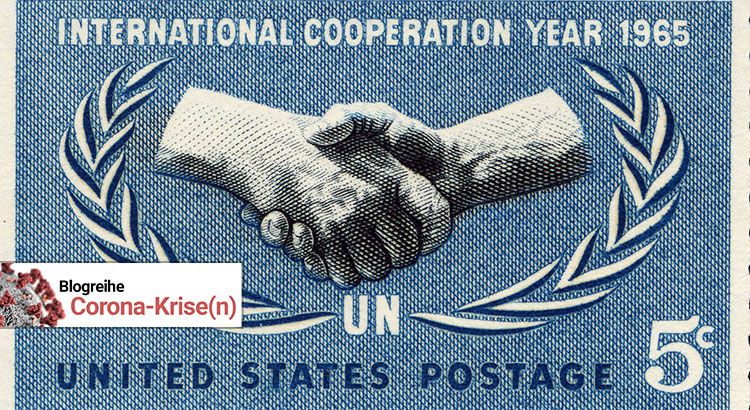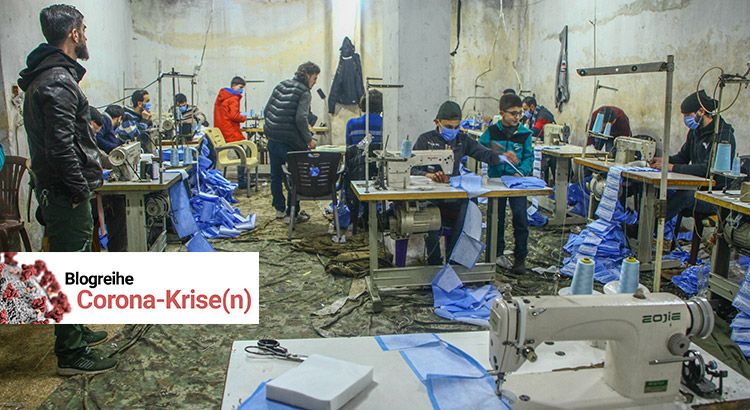Corona-Krise(n)
Blogreihe zu friedenspolitischen Herausforderungen der Corona-Pandemie
Foto:
Die Corona-Pandemie ist mehr als eine Krise: Sie ist mehr als eine Krise, weil sie sich auffächert in eine ganze Reihe von interdependenten Krisen der Gesundheitssysteme, der Wirtschafts- und Sozialsysteme bis hin zu einer möglichen Krise internationaler Kooperation. Darüber hinaus droht sie, weitere Krisen anzufeuern, weil sie Bearbeitungskapazitäten und Aufmerksamkeit auf sich konzentriert, die in anderen Politikfeldern fehlen. Sie ist aber auch mehr als eine Krise, weil sie schon jetzt ihre produktive Seite aufscheinen lässt, indem sie neue Formen des Zusammenlebens, der Politik und perspektivisch auch des Wirtschaftens hervorbringt. Die HSFK bündelt in dieser Blogserie Wissen zu friedenspolitischen Herausforderungen der Corona-Pandemie. Die Autorinnen und Autoren verfassen die Blogs vor dem Hintergrund ihrer jeweiligen Forschungsperspektiven für gesellschaftliche und wissenschaftliche Zielgruppen auf Deutsch und Englisch.
Archiv

An Island of Internationalism: The African Union’s Fight Against Corona

From Russia with Love?! Putin and the Pandemic

Infizierte Weltordnung: Ende des Lagerdenkens – Comeback der UN!

Corona und die humanitäre Situation in Syrien: Die drohende Katastrophe in der Katastrophe

COVID-19 as a Threat to Civic Spaces Around the World

The Coronavirus as a Means to an End: Extremist Reinterpretations of the Pandemic
